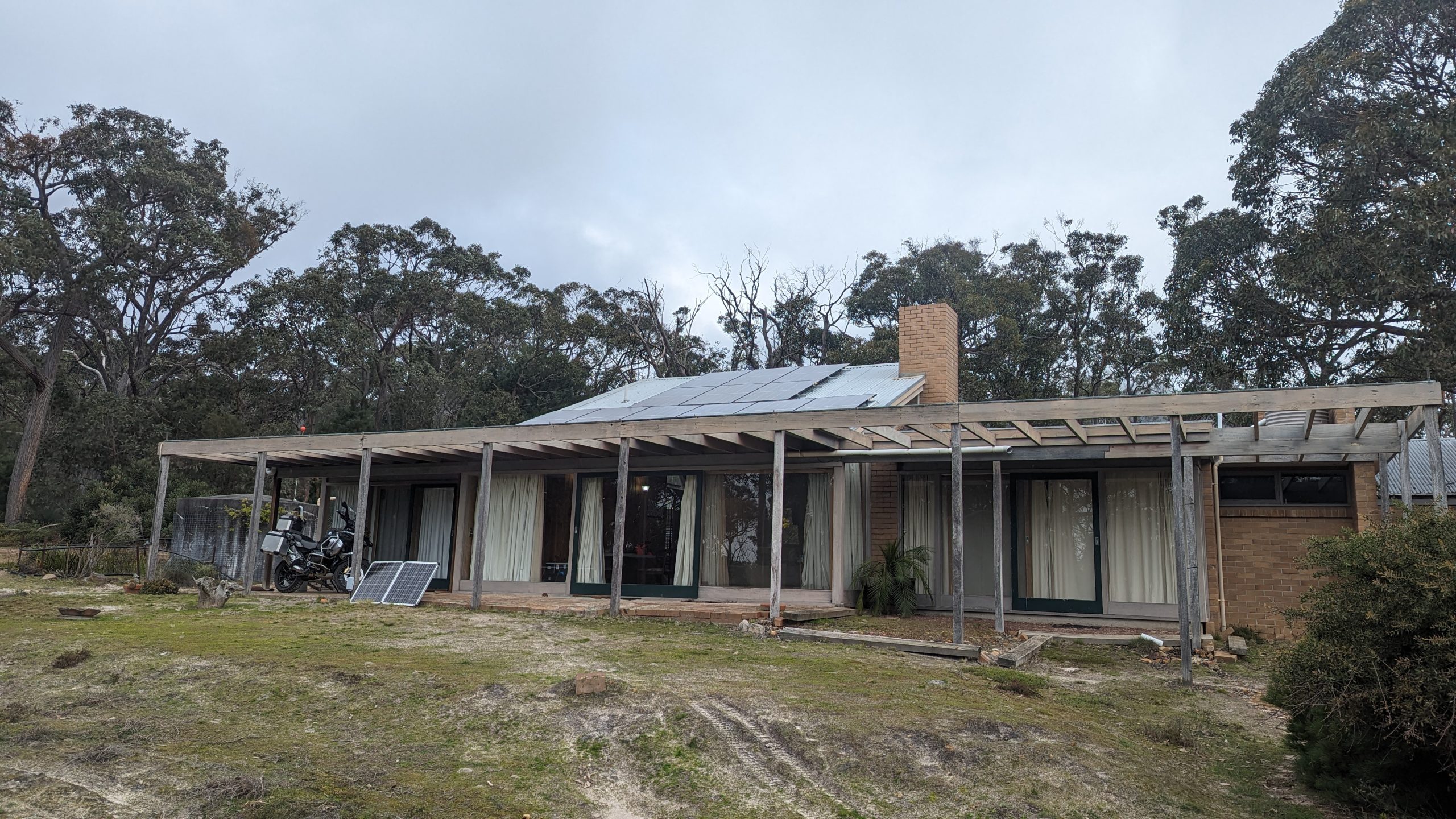 Off-Grid Solar Australia
Off-Grid Solar Australia

Discover the crucial role of off-grid solar systems as reliable backup power sources during grid outages and emergencies — the significance of energy resilience in critical sectors like healthcare, education, and disaster response.
Kickoff
In today’s interconnected world, consistent energy access is critical for the seamless operation of numerous sectors, such as healthcare, education, and disaster response. However, grid outages and emergencies can disrupt the flow of electricity, leading to significant challenges and potentially life-threatening situations. This is where off-grid solar systems come to the rescue, acting as a reliable backup power solution.
Importance of Energy Resilience
The ability of a system to tolerate and quickly recover from disruptions in the energy supply is referred to as energy resilience. In critical sectors such as healthcare, uninterrupted access to electricity is crucial to powering life-saving medical equipment, maintaining temperature-controlled environments for medicines, and providing essential lighting and communication services. Similarly, educational institutions rely on electricity to support online learning platforms, maintain a comfortable learning environment, and facilitate the use of educational technologies. In disaster response scenarios, reliable power is essential for communication, emergency lighting, medical aid, and powering equipment used in rescue operations.
Off-Grid Solar Systems as Backup Power Solutions
Off-grid solar systems, also known as standalone solar systems, work independently of the power grid and provide excellent backup power in the event of a power outage or calamity. Solar panels, an inverter, a charge controller, and a battery bank are all part of these systems. Off-grid or standalone solar systems operate independently of the grid, giving them a great backup power solution in a power outage or emergency. These systems include solar panels, an inverter, a charge controller, and a battery bank.
When a grid outage occurs, off-grid solar systems seamlessly switch to battery power, ensuring a continuous electricity supply. This feature is particularly valuable in critical sectors where uninterrupted power is essential for saving lives, maintaining essential services, and responding effectively to emergencies. Off-grid solar systems provide a dependable and long-term alternative to typical backup power solutions such as diesel generators, which are expensive to maintain and contribute to air pollution and carbon emissions.
Advancements in Battery Storage Technologies
The reliability and functionality of off-grid solar systems heavily depend on the performance of battery storage technologies. Significant progress has been achieved in this field over the years, increasing the capability of off-grid solar systems as backup power solutions. One key development is the improvement in battery storage capacity, allowing for longer durations of backup power. Modern batteries, such as lithium-ion batteries, have a higher energy density, faster charging times, and longer lifespans than prior battery technologies. This enables off-grid solar systems to provide extended backup power, ensuring critical operations can continue seamlessly during extended grid outages or emergencies.
Furthermore, smart battery management systems have emerged, optimizing the use of stored energy and ensuring efficient energy utilization. These systems enable users to monitor and control their battery storage, allowing them to prioritize critical loads, schedule charging and discharging cycles, and maximize the overall system performance.
Conclusion
As advancements in battery storage technologies continue to enhance the reliability and functionality of these systems, off-grid solar solutions are becoming increasingly efficient, cost-effective, and environmentally friendly. By embracing off-grid solar systems as backup power solutions, we can build resilient infrastructures that contribute to a more sustainable and secure future.
Explore the pros and cons of domestic wind turbines in 2023. Learn about the high installation and maintenance costs, the unpredictable nature of wind speeds, and why solar panels may be a more cost-effective choice for homeowners. Are domestic wind turbines still a viable option for homeowners seeking to harness renewable energy in 2023? It’s …
Continue reading “Is it Time to Reconsider Domestic Wind Turbines for Home Energy?”
Embarking on an off-grid energy journey? Decode the electrical lingo with this human-friendly guide, demystifying terms from watts to kilowatt-hours and AC to DC. Navigating the realm of off-grid energy systems can swiftly turn into a learning adventure into the realm of electricity. To help you decode the jargon, here’s an accessible guide to the …
Continue reading “Demystifying Off-Grid Energy: A Human-Friendly Guide to Electrical Lingo”
Discover the wonders of LED lighting in a conversational guide. Learn how to choose the right LEDs, avoid common pitfalls, and make the most of this energy-efficient lighting revolution. Hey there, lighting enthusiast! Let’s shed some light on the dazzling world of LED lighting. It’s not just about saving energy (though that’s pretty awesome); it’s …
Continue reading “Embracing the Brilliance of LED Lighting: What You Need to Know”
Picture this: the hum of Tesla’s shiny new Gigafactory, the electrifying global surge in electric vehicles – sounds like a scene from a futuristic flick, right? Well, hold onto your solar hats, because these developments are setting the stage for something truly astonishing in the world of energy storage. Just as the sun sets and …
Continue reading “The Unstoppable Plunge: Brace Yourselves for the Battery Price Revolution”